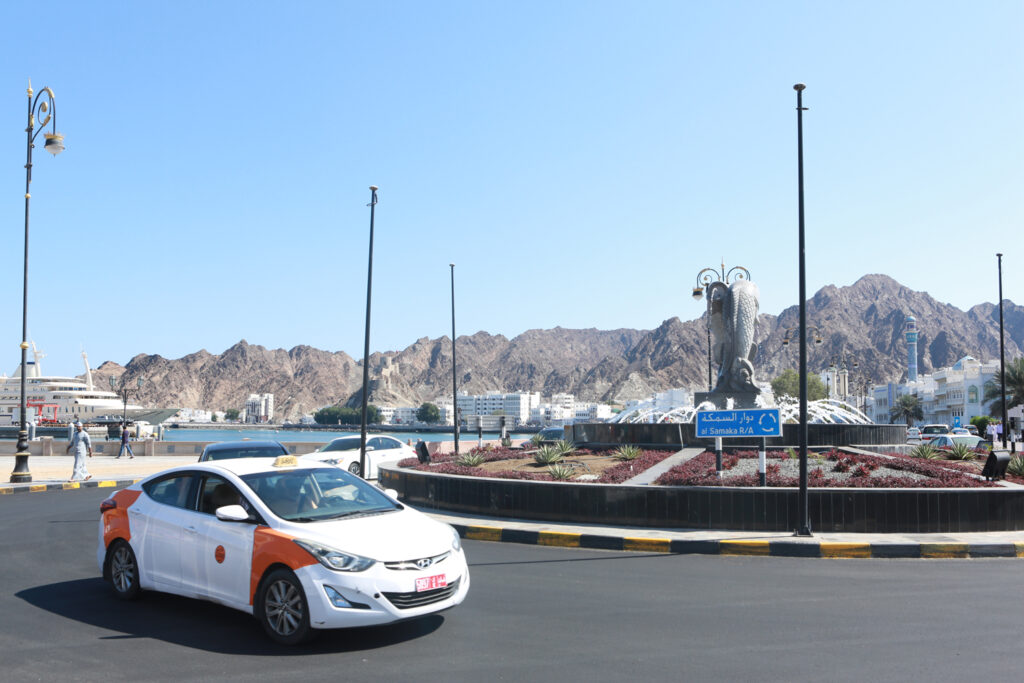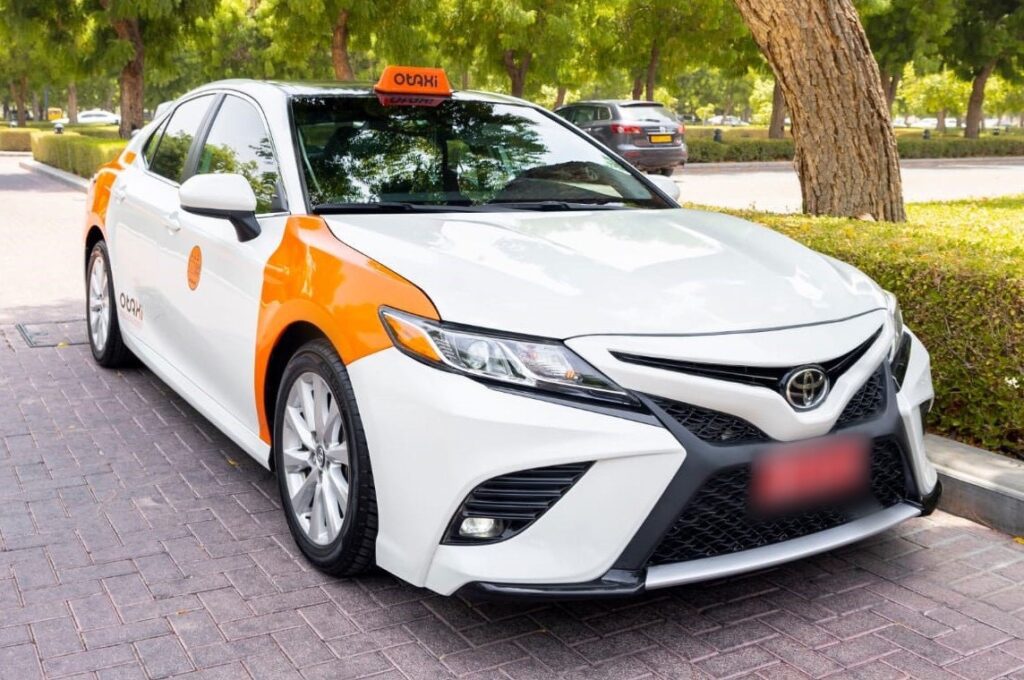Uber, the popular ride-hailing service, has been expanding across the Middle East, and Oman is no exception. Since its launch in the country, the company has been working to improve transportation options for locals and tourists alike. However, recent changes and challenges have left riders and drivers wondering what’s next for Uber in Oman.
Uber’s Presence in Oman

Uber first entered the Omani market with the goal of providing a more convenient and affordable transportation option. The company aimed to complement traditional taxis by offering a seamless app-based service. With competitive pricing, a focus on safety, and ease of use, Uber quickly gained popularity among residents and visitors.
However, unlike in some other countries, Uber faced some regulatory challenges in Oman. The government has strict transportation policies, and local taxi operators have voiced concerns about competition. Despite this, Uber has continued to operate, adapting to local rules and requirements.
New Regulations Impacting Uber
Recently, Oman’s government introduced new regulations that impact ride-hailing services like Uber. These rules aim to create fair competition between Uber and traditional taxi services while ensuring passenger safety. Some of the key changes include:
- New Licensing Requirements: Uber drivers now need special permits to operate legally in Oman. This means stricter background checks and additional fees for drivers.
- Fare Adjustments: The government has set minimum and maximum fares to balance competition with local taxi companies.
- Stronger Oversight: Authorities will now monitor Uber services more closely to ensure compliance with national transportation laws.
These changes mean that Uber must adapt its pricing, driver onboarding process, and overall operations in Oman. While the regulations are designed to protect passengers and local businesses, they also add challenges for Uber drivers who may now face higher costs to stay on the platform.
How Riders Are Affected

For Uber users in Oman, these regulations bring some noticeable differences. Firstly, ride fares may fluctuate due to government-imposed limits. Some customers have already reported slight price increases, especially during peak hours.
Additionally, fewer drivers may be available at certain times due to the licensing process. This could lead to longer wait times for riders who rely on Uber for daily transportation. However, Uber remains committed to providing reliable services and is working to maintain a steady number of active drivers.
The Future of Uber in Oman
Despite these challenges, Uber is not backing down. The company is actively working with local authorities to ensure compliance while maintaining high service standards. Some potential future changes may include:
- Expanding Vehicle Options: Uber may introduce more vehicle categories to cater to different customer needs, such as budget-friendly rides or premium options.
- Partnerships with Local Businesses: Collaborating with Omani businesses and taxi operators could help Uber create a more sustainable business model.
- Technology Enhancements: Uber may roll out new app features that improve user experience, such as real-time fare estimates and enhanced safety measures.
While it’s unclear exactly how these developments will unfold, one thing is certain—Uber remains dedicated to offering its services in Oman. Riders can expect adjustments along the way, but the convenience of app-based transportation is here to stay.
Final Thoughts
Uber’s journey in Oman has been filled with both growth and obstacles. As regulations continue to shape the ride-hailing industry, riders and drivers alike will need to adapt to the evolving landscape. Whether you’re a daily Uber user or an occasional rider, staying informed about these changes will help you make the most of your trips.
For now, Uber remains an essential part of Oman’s transportation network, offering a modern alternative to traditional taxis. While changes may bring temporary challenges, they also pave the way for a more structured and competitive market.
Do follow on Instagram
Saudi Arabia’s Bold Move: Full Support for Morocco’s Western Sahara Claim


